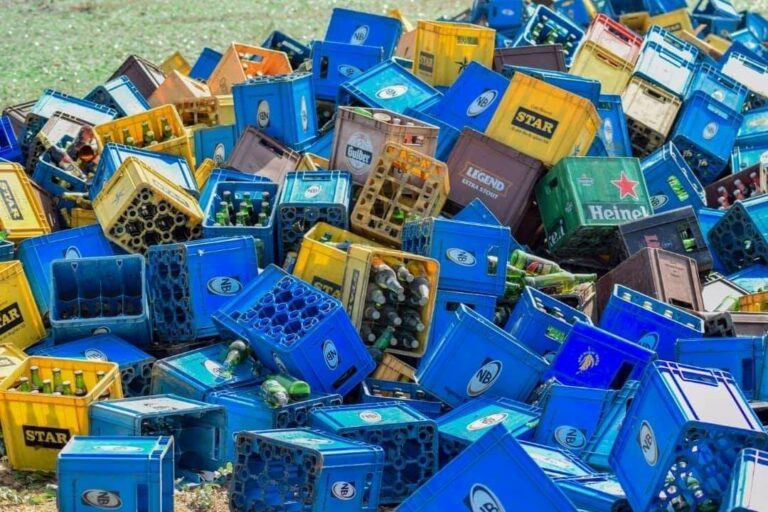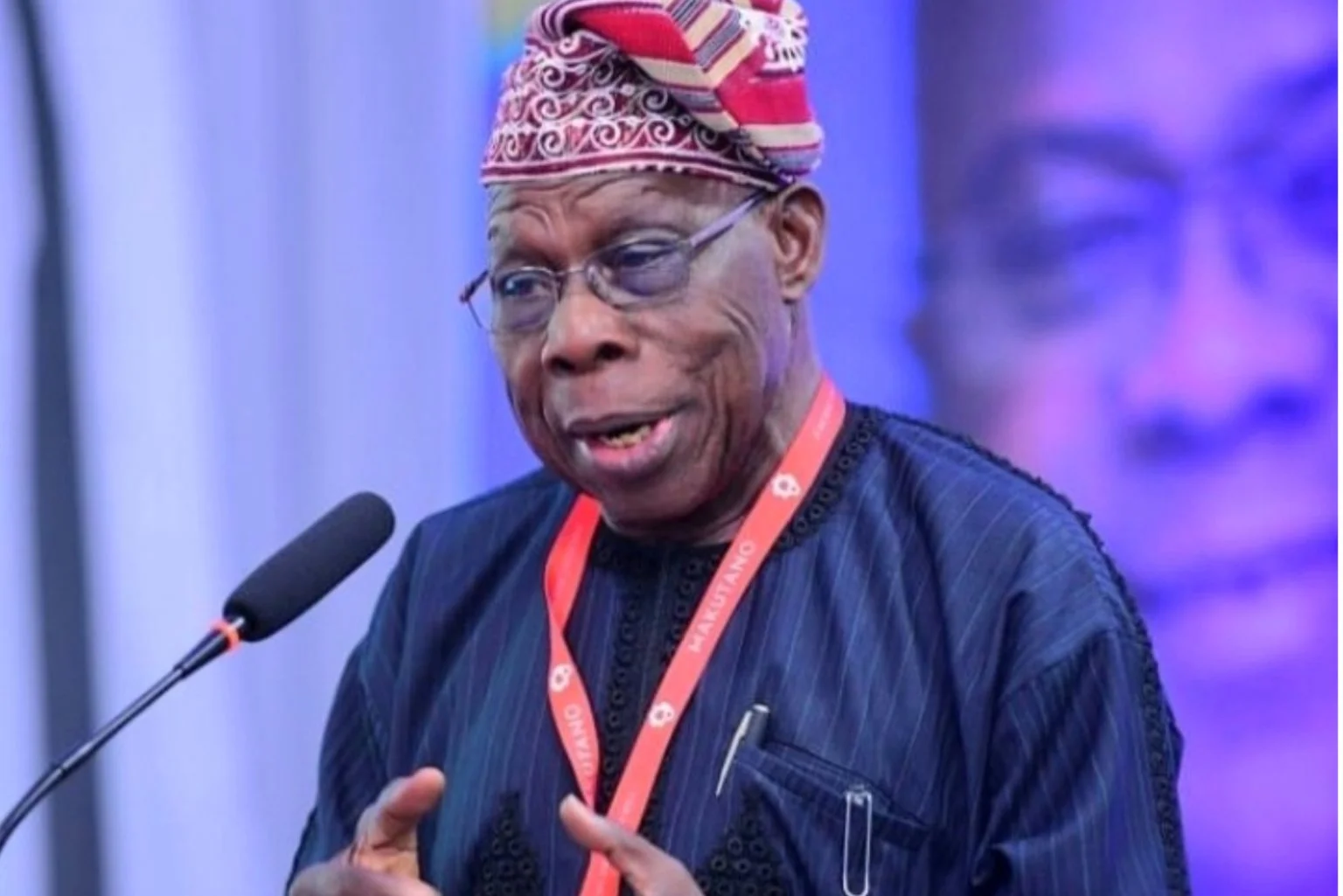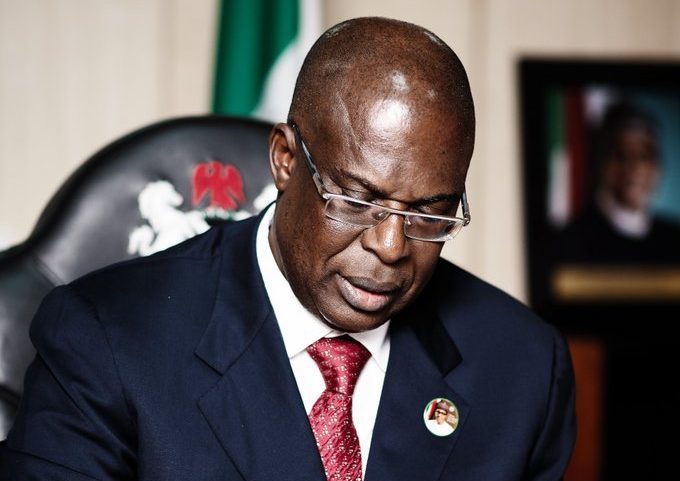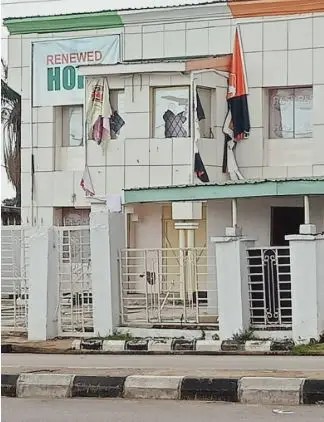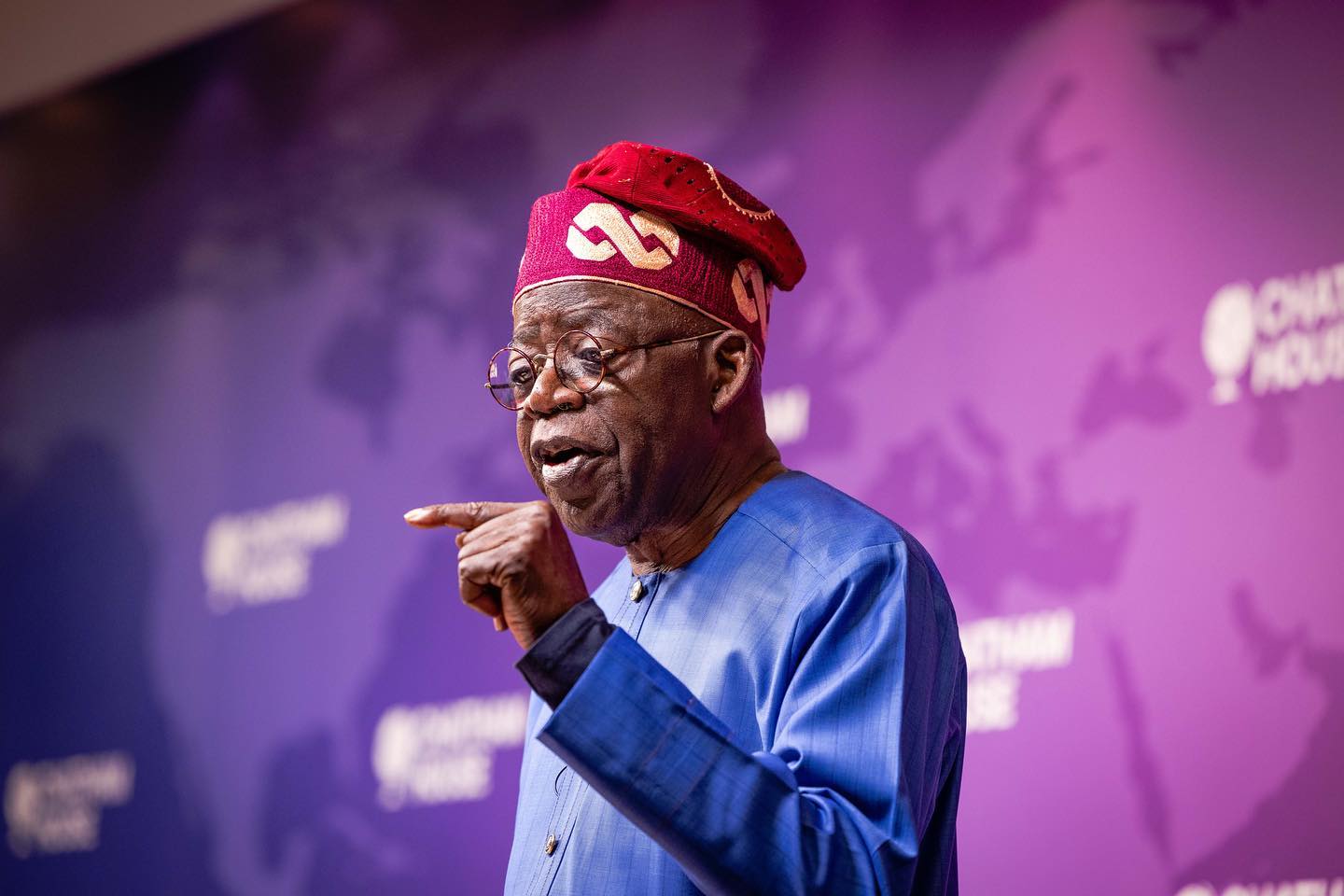In the face of benefitting from proceeds of alcohol sale through the Federation Accounts Allocation Committee (FAAC), Kano State Government, for religious reasons, destroyed 1,975,000 bottles of beer worth over N200 million last weekend. The products were confiscated within Kano metropolis and destroyed publicly.
Read Also: Court Dismisses Sack Of Seven Councillors In Kano State
The value of destroyed alcoholic beverages represents 7.5 per cent of the State Government’s September Gross VAT allocation.
While Kano might have openly destroyed the products, many Northern states have penal codes prohibiting the consumption of alcohol in line with the Sharia law.
Kano Hisbah Commission, yesterday, vowed to sustain surveillance and confiscation of alcoholic beverages and other related intoxicants being ‘imported’ into Kano, insisting that consumption, sales, and distribution of alcohol is forbidden by the law.
It insisted it would cripple the network of alcoholic distribution, as dealers count losses.
Although the consumption rate of alcoholic beverages is relatively low in Kano, distributors are losing billions annually to confiscation of their goods and loss of hundreds of trucks to the Hisbah Commission, which launches constant surveillance on the prohibited substance.
THE Shari’a enforcement agency destroyed the items, which it confiscated in the last six months at Kalebawa village in Dawakin Tofa Local Government Area of the state. The commission in September last year executed a similar exercise, where 196,400 bottles worth over N50 million were destroyed. Besides confiscation of beer, Hisbah had detained about 50 trucks that convened the items and charged owners to court.
Commander General of Hisbah Board, Sheikh Harun Muhammad Ibn Sina, told The Guardian that Hisbah was mandated to confiscate and destroy alcoholic beverages under the Kano State Penal code 2004, which prohibited sale and distribution of any intoxicating substance in the state.
Sheik Harun explained that despite the provisions in the law to confiscate the bottles of beer, the commission had charged those arrested with the substance to court for fair hearing adding that the destruction of the drinks was carried out after court conviction and subsequent approval of the state government. Sheik Harun was quick to clarify that the law prohibiting alcoholic consumption and distribution in Kano has no inference with Shari’a laws, which however forbid Muslims from it.
Justifying the action of the commission, the Commander lamented the mental deterioration of alcohol inflicts on society. He said the proliferation of intoxicants increases the crime rate. He restated Hisbah’s readiness to rid the state of all forms of illicit activities.
“Under law No. 4 of 2004, section 401 of the penal code as amended, it is clearly spelled out that, the manufacture, distribution, disposal, haulage, consumption and possession of all brands of intoxicating liquors, spirits, and any other intoxicating substance is prohibited in Kano. The people distributing it are fully aware and they also know the implication. This law has nothing to do with Shari’a law because many people will say, ‘after all, Sharia is not applicable to non-Muslims.’ While we agree with those people, the penal code of Kano state is applicable to everyone living in Kano.”
According to local manufacturers, the destruction activity is a recurring exercise that has continued over the years, despite consumption patterns showing that people living within the state and region have sustained interest in the commodity.
While religious sentiments might have influenced the action in Kano, the United Arab Emirates (UAE) has decriminalised alcohol consumption in a bid to attract tourists and foreign exchange inflow.
Although alcohol is available for sale in restaurants and bars in the Emirati cities, individuals needed a license to buy booze or keep it in their homes. The new laws would apparently allow consumers, who have not been able to get licenses, to drink alcoholic beverages freely.
In September, Kano State’s Gross Statutory Allocation from FAAC was N5.34 billion. Of that figure, N2.69 billion was Gross VAT allocation. This means the State Government destroyed the equivalent of about 7.5 per cent of its VAT allocation from FAAC.
From a revenue perspective, the Breweries, Bottling, and Beverages industry contributed N40.6 billion in Value Added Tax (VAT) to the economy within the last nine months, according to the latest data from the National Bureau of Statistics (NBS).
In the first half (H1) of 2020, Kano State received N38.24 billion in revenue from FAAC, some of which are contributions from the Breweries sector.
Kano generated N40.6 billion in 2019 as IGR, against N17.51 billion generated in H1’2020.
Similarly, the consumption pattern of Nigerians, according to the NBS in 2019, showed that alcoholic drinks were bottom on the ladder for food and beverage items with just N150 billion. The figure, according to the NBS, does not capture alcoholic drinks in bars, pubs, hotels, and functions, among others.
In 2019, people living in Kano consumed alcoholic beverages worth about N134 million, according to consumption expenditure pattern data from the NBS.
A breakdown of Nigeria’s alcohol consumption pattern shows the South-South zone as the least restrained community of alcohol consumers. There, N56.5 billion was spent on alcohol, making the states of Delta, Edo, Bayelsa, Rivers, Akwa Ibom, and Cross Rivers the section of the country inhabiting the most enthusiastic drinkers in the year.
The seven states of Jigawa, Kaduna, Katsina, Kebbi, Kano, Sokoto, and Zamfara, making up the northwest zone, comparatively have the most restrained drinkers. But they still spent at least N2.47 billion to assuage the palate of alcohol drinkers.
Federal statisticians at the NBS said the South East with N22.7 billion, the South West with N44.1 billion, the North Central with N17.7 billion, and the North East with N6.68 billion (excluding Borno) followed in that sequence of alcohol consumers in the country.
However, in terms of the rural-urban divide, federal statisticians say there are way more drinkers in Nigeria’s rural communities than in the urban areas. Rural communities spent N92 billion on alcohol consumption, whilst the urban spent N58.2 billion.
Analysts believe the action of the Kano State Government is a disincentive for a sector gradually recovering from the impact of the COVID-19, while under the burden of excise duty.
With the coronavirus pandemic forcing Nigerian bars, restaurants, hotels, and event centres to shut down or maintain partial operation in some cases, operators in the alcoholic beverages sector contend with newer challenges of poor demand and slow production.
AFRICA DAILY NEWS, NEW YORK

